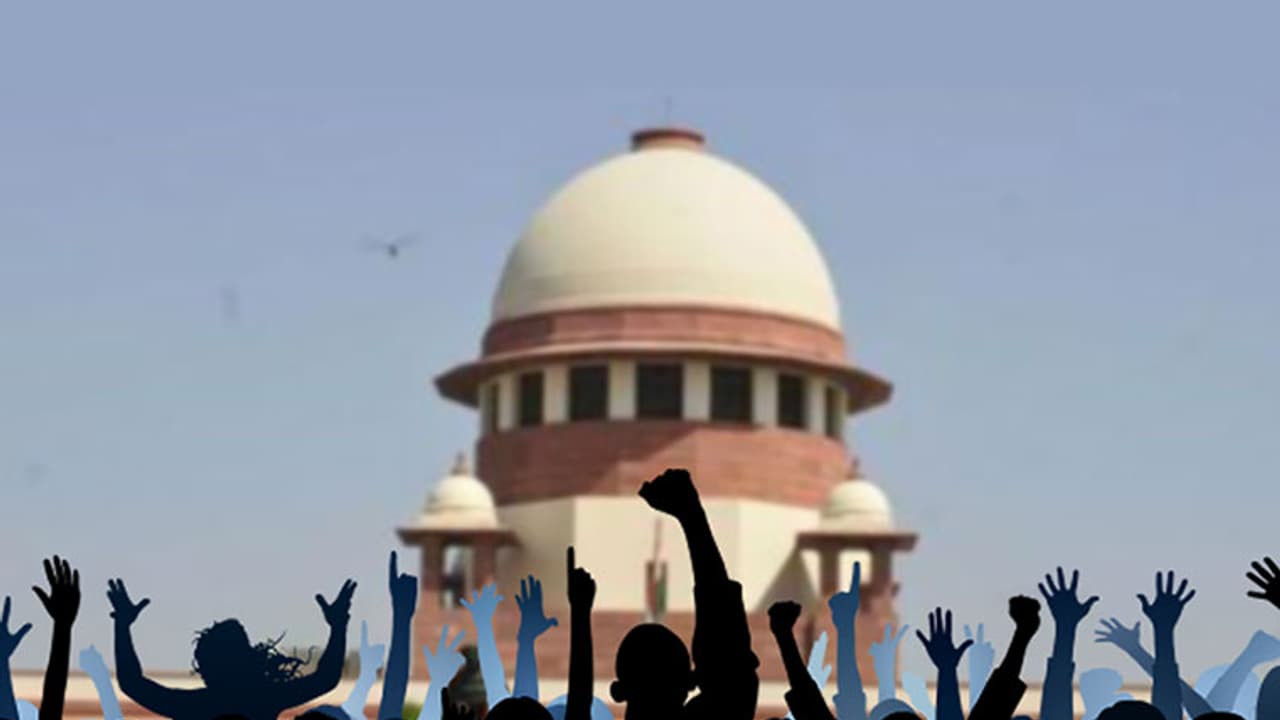The verdict goes much beyond one's right to protect one's Aadhaar details It is about the right of an individual to protect their personal details The ruling will provide protection to intimate details like your sexuality, marriage status, relation with family
It may sound strange that it took 70 years for the top court to decide whether the right to privacy should be considered a fundamental right to its over 1.2 billion citizens. Now the apex court has said that right to privacy comes under fundamental rights guaranteed under Article 14, 19 and 21 of the Constitution and is an intrinsic part of the right to life and liberty.

The verdict goes much beyond one's right to protect one's Aadhaar details, it is about the right of an individual to be left alone, protect their personal details.
The ruling will provide protection to intimate details like your sexuality, marriage status, relation with family etc. Private details during parting of personal data on social network platforms, using a credit card and IT declarations will be protected. With the new verdict, any personal detail you are providing to banks or other service providers will also get protection.
However, it is true that right to privacy is a broader concept and now the new ruling is likely to create an impact on various areas including data sharing.
In modern day, privacy touches various areas ranging from data protection to disclosure of biometrics to government. When you register for Aadhaar, you are providing your finger prints, and recently you are forced to use your finger prints for various purposes, including purchasing a new sim card.
The right affects various factors including expression of sexuality, the extent to which laws can restrict other freedoms like freedom of movement, government's right to search and seizure, the extent to which your biometrics need to be disclosed to the government etc.
Justice Chandrachud, one of the members of the nine-judge bench, expressly stated his apprehensions about the risk associated with the collection and use of personal data by private parties and service providers.
“I don’t want the state to pass on my personal information to some 2,000 service providers who will send me WhatsApp messages offering cosmetics and air conditioners... That is our area of concern. Personal details turn into vital commercial information for private service providers," he said.
Personal data is collected by both the government and private service providers like telephone companies, banking companies, insurance companies etc. This adds to the danger of data leakage, and current ruling provides protection against such acts.
